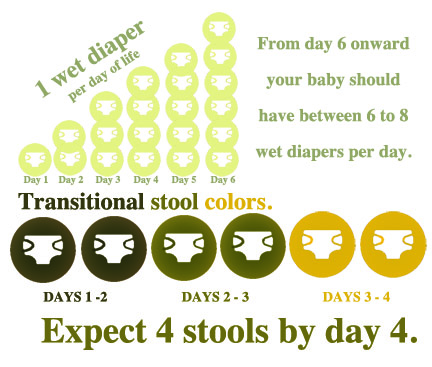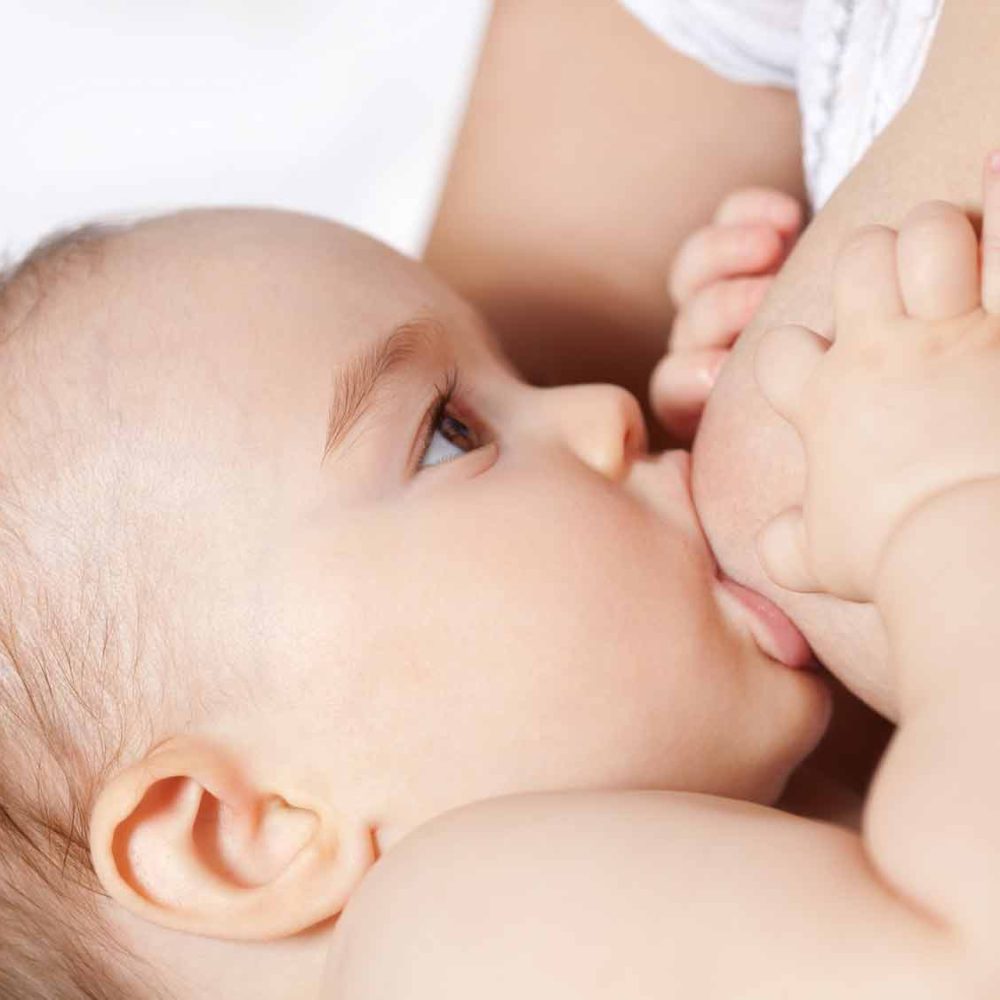I don’t know where you are on your breastfeeding journey. Perhaps you are pregnant, or maybe it’s 3 am, and you are trying to encourage yourself that breastfeeding is really worth it. However, I am here to tell you that breastfeeding is the perfect food for your baby. Why?
It’s a complete food.
Breas tmilk is the perfect food for your baby’s developing body. All of the nutrients in your milk can be readily absorbed. There is no need to supplement your baby unless directed to do so by his physician.
Amazing immune boosting benefits…
Did you know that breast milk is actually a living food? It’s true your breast milk is living immune system for your baby. When your infant was in your womb, he was protected from the insults of the outside world, which include bacteria and viruses. His food came directly from you. So, why should it be any different after he is born? Now that he is outside your body he has more encounters with bacteria and viruses. Like a superhero, the antibodies in your breast milk fight the intruders and work to reduce your child’s chances of respiratory illness and gastrointestinal upset. (Field, 2005, pp. 1-2; Gettle, 2016, pp. 5-6).
Lowers your child’s risk of SIDS (Sudden Infant Death Syndrome).
According to the research of Vennemann, et al. (2009) the risk of a child dying from SIDS can be reduced by 50% when he is breastfed.
Breastfeeding also benefits YOU!
Breastfeeding is a mood booster.
The hormone oxytocin is released when you breastfeed your baby. This hormone is often referred to as the hormone of love, and it encourages a deep bond between you and your infant (Bai, Middlestadt, Joanne Peng, & Fly, 2009, p. 138). Not only that it actually facilitates the “let down” reflex. Besides driving the flow of breastmilk, it also boosts a mother’s mood. In fact, it has antidepressant qualities which can help to reduce stress (Mezzacappa & Katkin, 2002, p. 191; Gettle, 2016, p. 4).
Help prevent breast cancer!
According to research by the Collaborative Group on Hormonal Factors in Breast Cancer (2002) for every 12 months, a mother breastfeeds she can reduce her risk of breast cancer by 4%. Not only that but with each child she gives birth to she can further reduce her risk by 7% per child (p. 187).
Breastfeeding packs a punch with economic and time-saving benefits!
No matter how you look at it feeding an infant takes time. Breastfeeding saves you time by being always available. There is no need to get out of bed and mix formula. It also saves money because it is a free food source. Despite being no cost, it offers the priceless benefit of immunity for your infant, which can’t be found in formula. Don’t forget that because your baby receives an immune boost with each feeding you are working to prevent unnecessary doctor visits due to illnesses your infant encounters unaware (Gettle, 2016, p. 5).
In summary…
As a mother to two, I have been blessed to breastfeed both of them. Now, I’m not going to tell you that the whole journey was an easy one. There were days when I was in pain, exhausted, and about ready to throw in the towel. However, thanks to the encouragement of my family and friends I pressed on.
My daughters and I overcame our hurdles, and we grew closer together because of them. I will never regret those 3 am feedings because that was precious time spent with my babies that I will never get back. The hard times, sure they were tough, but I don’t regret those either because I grew as a woman because of them.
I am here to say no matter where your journey leads you I am behind you. Why, because I am a mom, and I get it. Sometimes life throws a curve ball. However, we are women, and we are resilient. We do our best, we fall, and we get up again. If you need a shoulder to lean on or have a question on breast or formula feeding simply click “Need Help” and leave me a message.
Reference
Bai, Y. K., Middlestadt, S. E., Joanne Peng, C. Y., & Fly, A. D. (2009). Psychosocial factors underlying the mother’s decision to continue exclusive breastfeeding for 6 months: An elicitation study. Journal of Human Nutrition and Dietetics, 22(2), 134-140. doi:10.1111/j.1365-277X.2009.00950.x\
Field, C. J. (2005). The immunological components of human milk and their effect on immune development in Infants1,2. The Journal of Nutrition, 135(1), 1-4. Retrieved from http://search.proquest.com/docview/197429254?accountid=14436
Gettle, E. (2016). Breastfeeding: The impact of skin-to-skin contact within one hour after birth. Unpublished manuscript, Maternal Child Health, Union Institute and University.
Mezzacappa, E. S., & Katkin, E. S. (2002). Breast-feeding is associated with reduced perceived stress and negative mood in mothers. Health Psychology, 21(2), 187-193. doi: 10.1037//0278-6133.21.2.187
Vennemann, M. M., Bajanowski, T., Brinkmann, B., Jorch, G., Yucesan, K., Sauerland, C, Mitchell, E., A, & GeSID Study Group. (2009). Does breastfeeding reduce the risk of sudden infant death syndrome? Pediatrics, 123(3), e406-e410. doi:10.1542/peds.2008-2145




